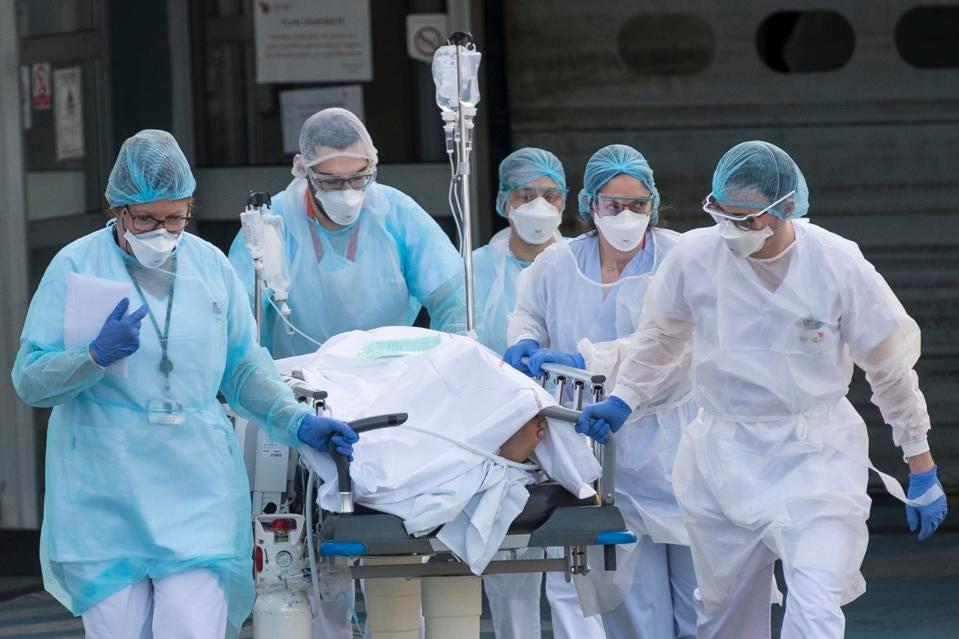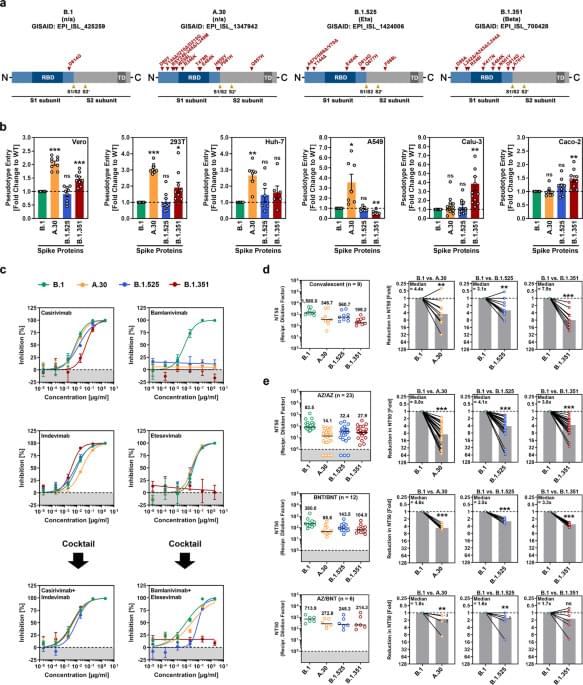A “perfect storm” of several crises, such as climate change and the Covid-19 pandemic, mean many nations are “knocking on famine’s door,” Beasley said.
A small group of ultra-wealthy individuals could help solve world hunger with just a fraction of their net worth, says the director of the United Nations’ World Food Programme.
Billionaires need to “step up now, on a one-time basis”, said David Beasley in an interview on CNN’s Connect the World with Becky Anderson that aired Tuesday — citing specifically the world’s two richest men, Jeff Bezos and Elon Musk.
“$6 billion to help 42 million people that are literally going to die if we don’t reach them. It’s not complicated,” he added.







